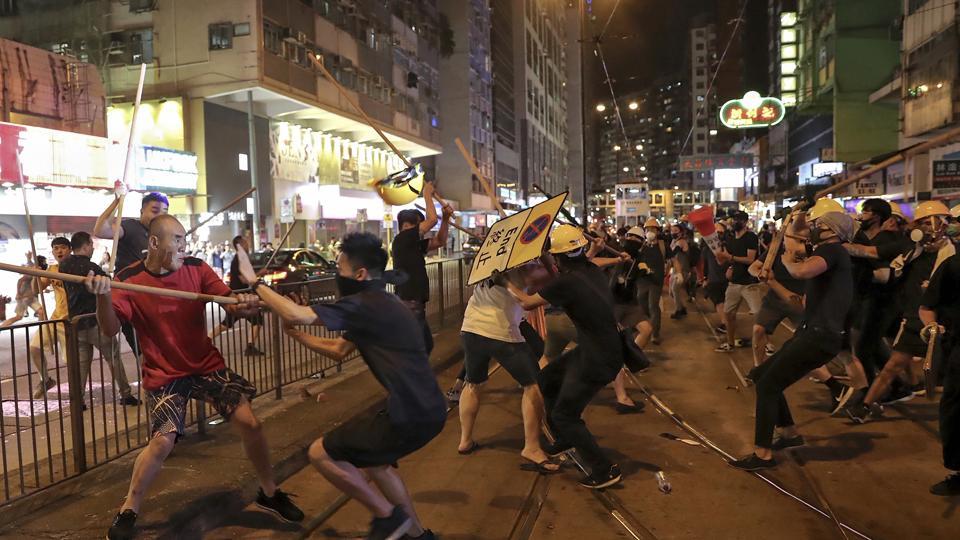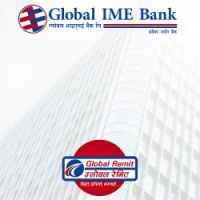Recently, a series of protests and violent incidents took place in Hong Kong, China, drawing wide attention from international community. I noticed that most of the news in the Indian media on the situation in Hong Kong is sourced from the West and little is from China. One can only find the truth after listening to all sides of the story. To lay out the facts and tell the truth, I wish to share with Indian friends what I know about what’s happening in Hong Kong and China’s perspective.
On the face of it, the protests were triggered by the Fugitive Offenders and Mutual Legal Assistance in Criminal Matters Legislation (Amendment) Bill, proposed by the Hong Kong government. The amendment was meant to solve individual criminal cases and plug legal loopholes to uphold fairness and justice. To end disputes and maintain stability, the Hong Kong government later suspended the bill. However, instigated by certain forces, some people took to the streets illegally without required approval.
Some protesters blocked the streets for long hours and impeded traffic; some radical ones even stormed the Hong Kong Legislative Council building, destroyed public facilities, attacked the police with petrol bombs and damaged the national flag of China.
These activities are way beyond the scope of peaceful protest and seriously undermine the rule of law and social order in Hong Kong. These flagrant violent activities are by no means “defense of democracy and freedom”.
Laws must be followed and lawbreakers must be brought to justice – this is the basic norm in any society under rule of law. The most important task for Hong Kong now is to punish the violent criminal acts according to law, restore social stability as soon as possible and safeguard law and order. The Hong Kong government has strictly enforced the law, acted decisively, ensured the safety of life and property of Hong Kong people, and upheld the sanctity of rule of law in Hong Kong.
Their efforts should not be smeared. People from all walks of life in Hong Kong have launched large-scale gatherings to safeguard Hong Kong and called for the rule of law. They represent the real mainstream public opinion in Hong Kong.
Instigation and interference by certain external forces is a major cause for disorder in Hong Kong. Some countries sympathise with and tolerate the violent activities, but criticise the Hong Kong government and the Hong Kong police for preventing violence and disorder according to law. This is equating violence to protest and law enforcement to repression. This shows that certain forces are attempting to destabilise Hong Kong and hamper China’s development.
What happened in Hong Kong is China’s internal affairs, and no country or organisation has the right to interfere. China will resolutely safeguard its sovereignty, security and development interests and Hong Kong’s prosperity and stability.
Some say the recent disorder in Hong Kong is a serious setback for the “One country, Two systems” policy. In fact, the opposite is true. Since Hong Kong’s return to the motherland, the Central government of China and government of Hong Kong have firmly implemented the principle of “One country, Two systems”. Hong Kong’s business environment and international competitiveness have been widely recognised by international community. Hong Kong residents enjoy unprecedented democratic rights and broad freedom. Hong Kong is a front-runner in the world’s rule of law index. All facts indicate that “One country, Two systems” is the best institutional arrangement to maintain Hong Kong’s long-term prosperity and stability.
Disorder in Hong Kong not only hurts China. The favourable business environment has made Hong Kong the largest receiver of foreign direct investment. Nearly 7,000 foreign companies operate in Hong Kong and 600,000 foreigners live there. Hong Kong’s prosperity is the result of its own efforts as well as contributions of all countries, including India. Tolerating the rampage of violent activities means burdening those who care for Hong Kong with the costs of violence and destruction.
India and Hong Kong have close economic and trade ties. A large number of Indian citizens do business and live in Hong Kong.
We believe India can understand and support the decisions made by the Chinese side and make an independent judgment. We hope that Indian friends can uphold fairness and justice, look at the situation in Hong Kong in a rational light, and come to an objective and correct conclusion.
Li Bijian is minister and DCM of Chinese Embassy in India. Source.hindustan times








प्रतिक्रिया